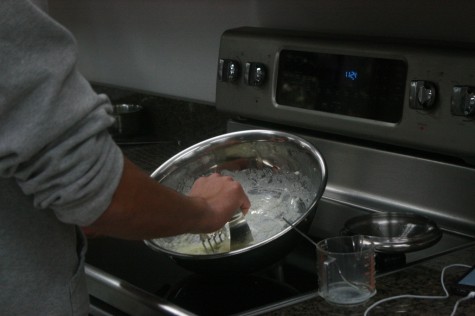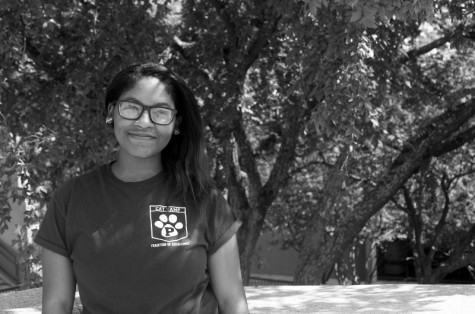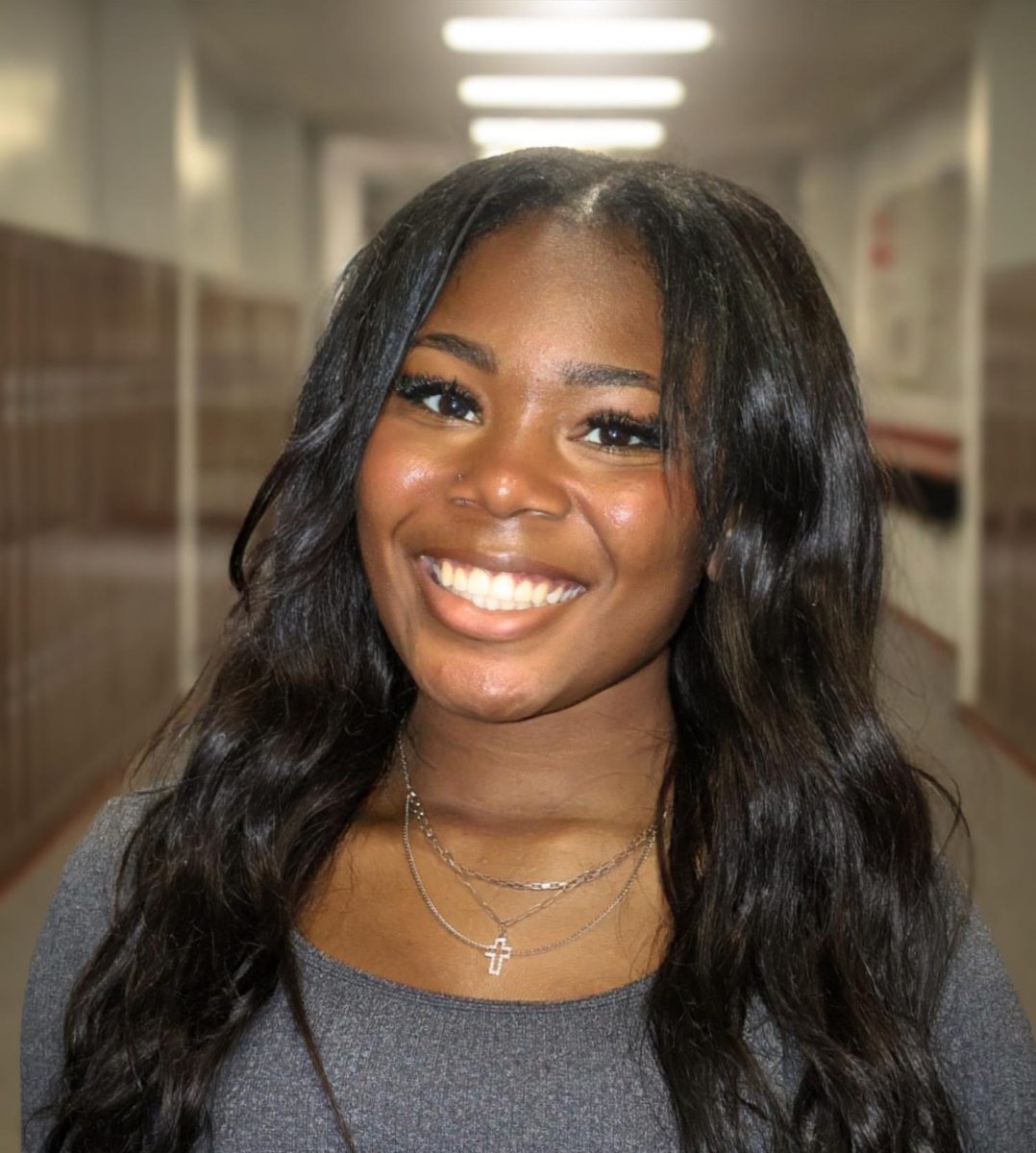Changing the recipe: Teachers revamp food science curriculum
December 1, 2014
Among all of the science classes available, food science is one of the most unique, allowing students yet another scientific diverse experience to explore before graduating. In an effort to improve last year’s curriculum used from a sister school, teachers at Plano decided to adjust the course’s curriculum to meet their objectives.
According to food science teacher Tyler Wille, the syllabus has been changed to add more scientific content to the class.
“We’ve actually added lab write-ups, which weren’t apart of the curriculum last year,” Wille said. “We’re trying to make it a little more science oriented. Most students sign up thinking they’re just going to cook but it’s a challenging course.”
Many of the students have expressed that the course is more difficult, including senior Astrid Schuelke, who said her experience of the class so far hasn’t been the same as she expected.

“Whenever I ever heard about the class I expected it to be a lot more cooking,” Schuelke said. “And now I’m figuring out it’s a lot more of equations, and learning about what’s in the food.”
“Grades are not as good as last year,” Wille said. “It has increased in difficulty some but I think the learning has increased also in comparison. We wanted it to be a better science course than it was last year.”
The teacher’s decision to revise the program comes from a decision to mix-up what the students learn, and are able to take from the class. Fellow food science teacher Victoria Wang said students who sign up for the course often don’t have the right idea of what the course entails.
“A lot of people think food science as more cooking, but food science is more geared towards stuff like research and development,” Wang said. “I think the kids are starting to learn that there’s different option out there for them.”
Wang said that the major reasons for the changes in curriculum were a large growth in class size and popularity.
“Last year we only had two classes of about thirty total,” Wang said. “This year, we have seven classes and a hundred and seventy kids total, so budget is a big reason we had to gear it towards more lab write ups versus kitchen time.”
Though the course may not be what some students expect, the teachers still feel as though students shouldn’t take the course lightly and should expect to learn more. Wille said the changes should not discourage students from signing up for the course.
“We do get to cook, which is different from most of the courses,” Wille said. “It’s just not as often as the students would prefer.”







